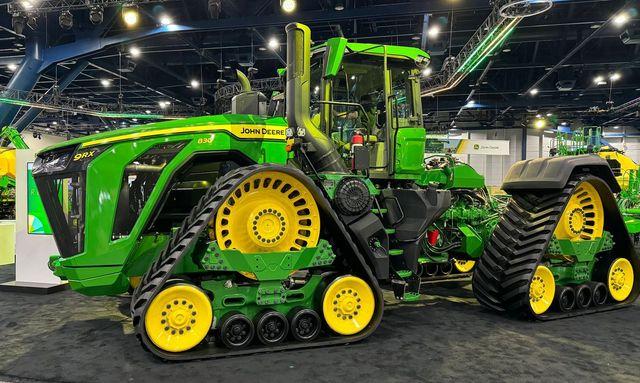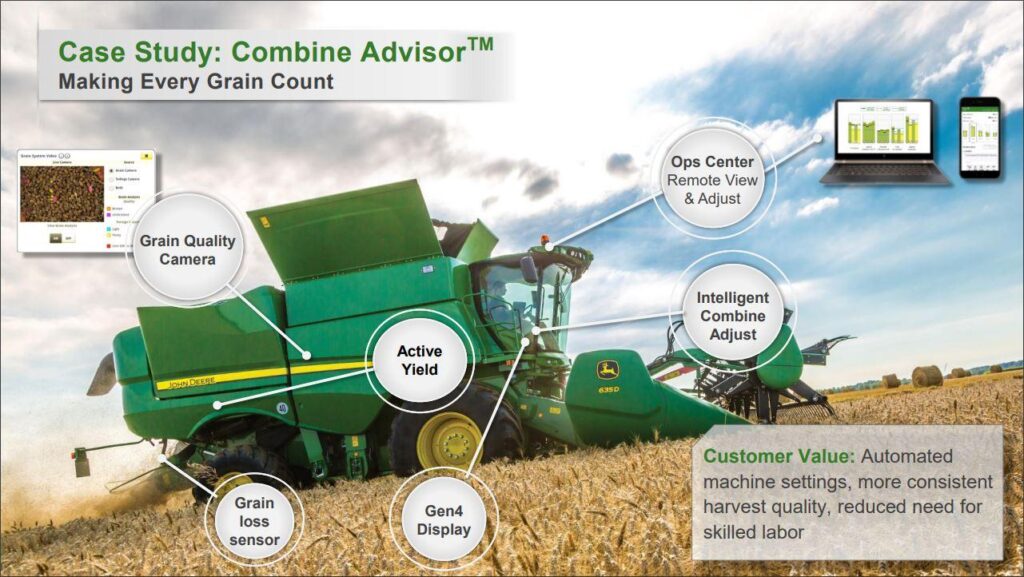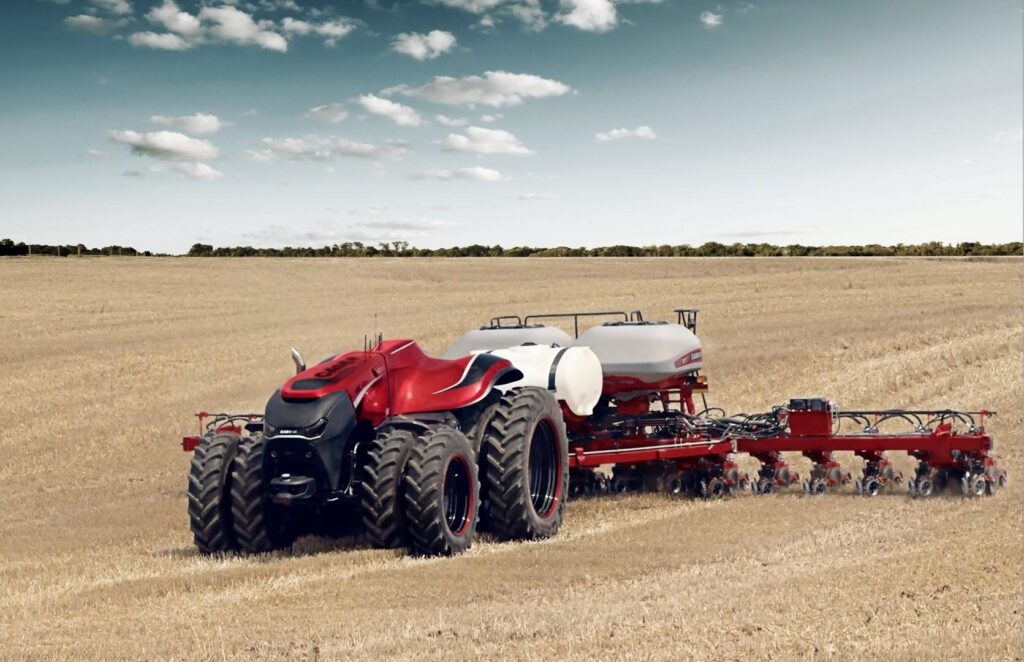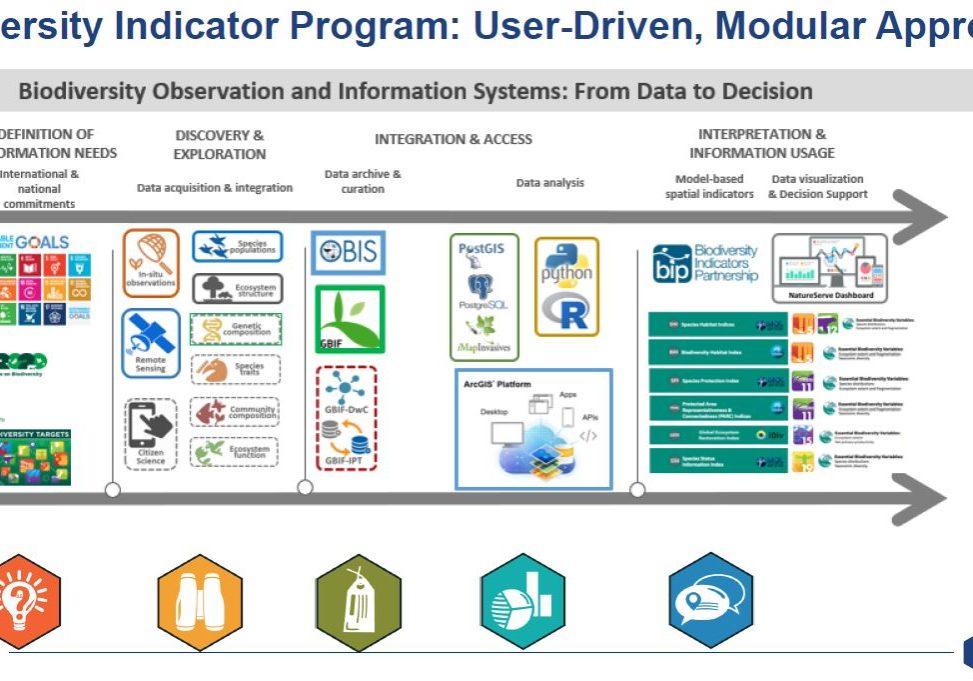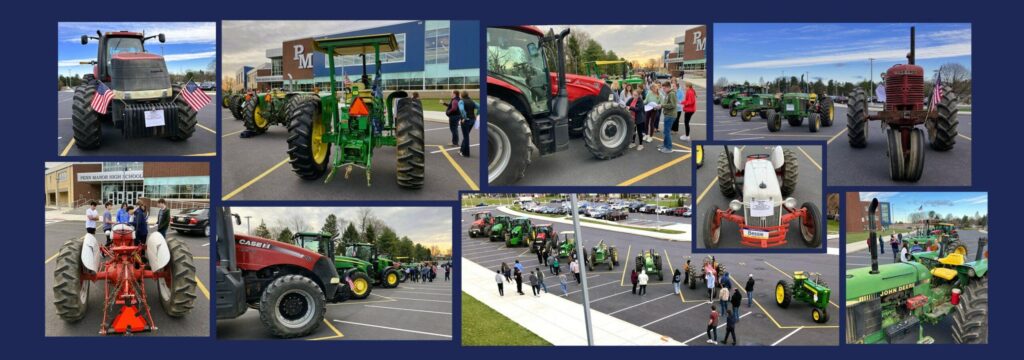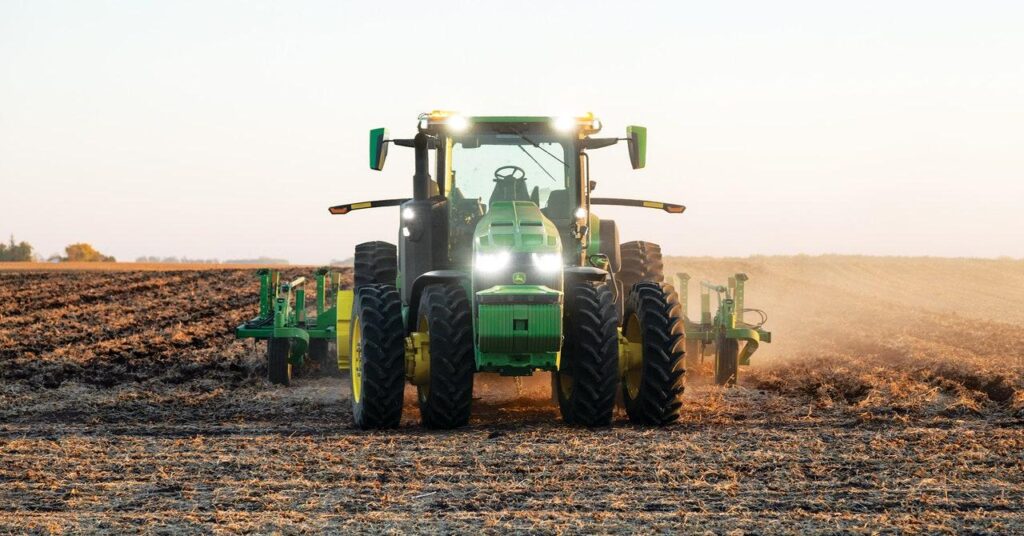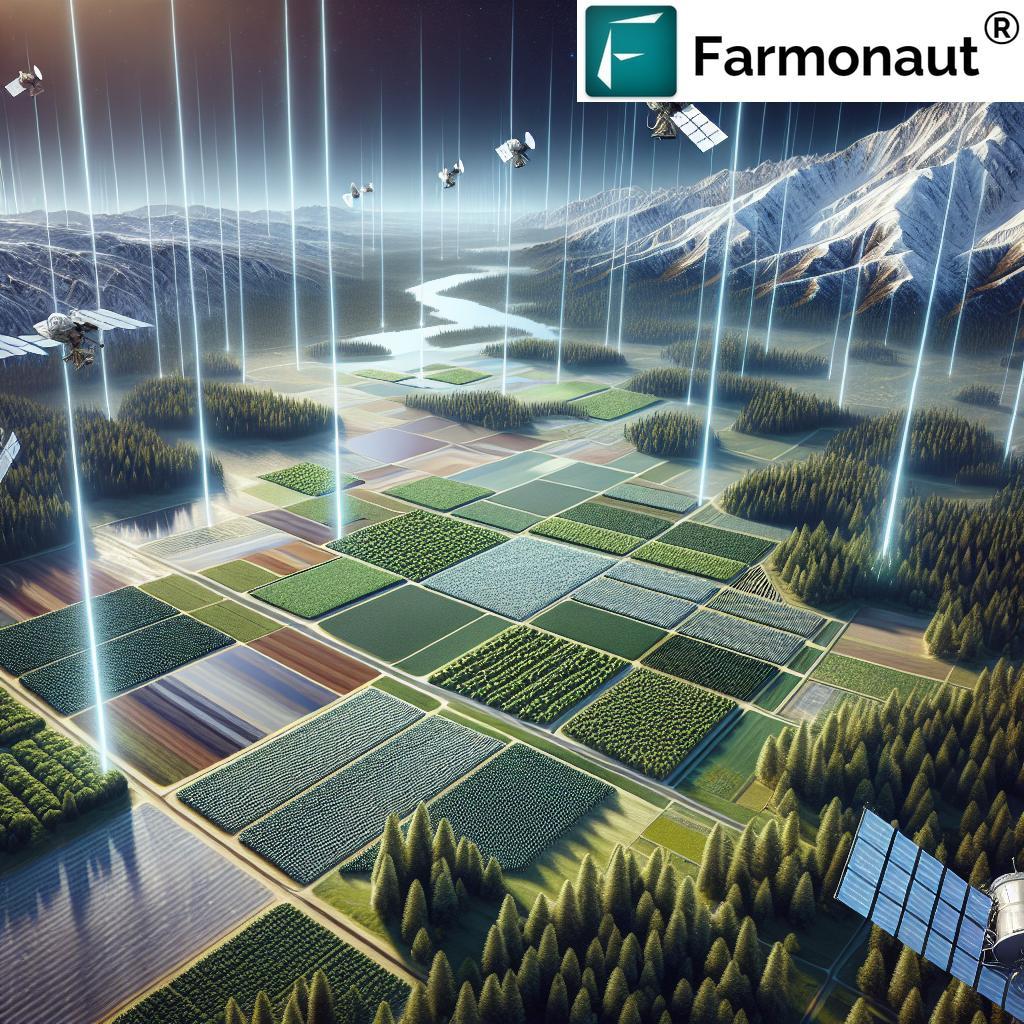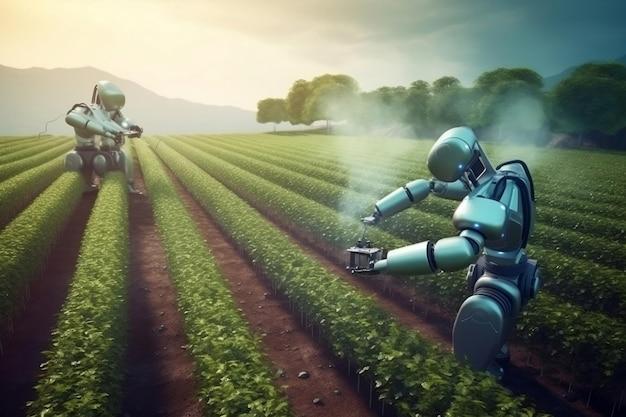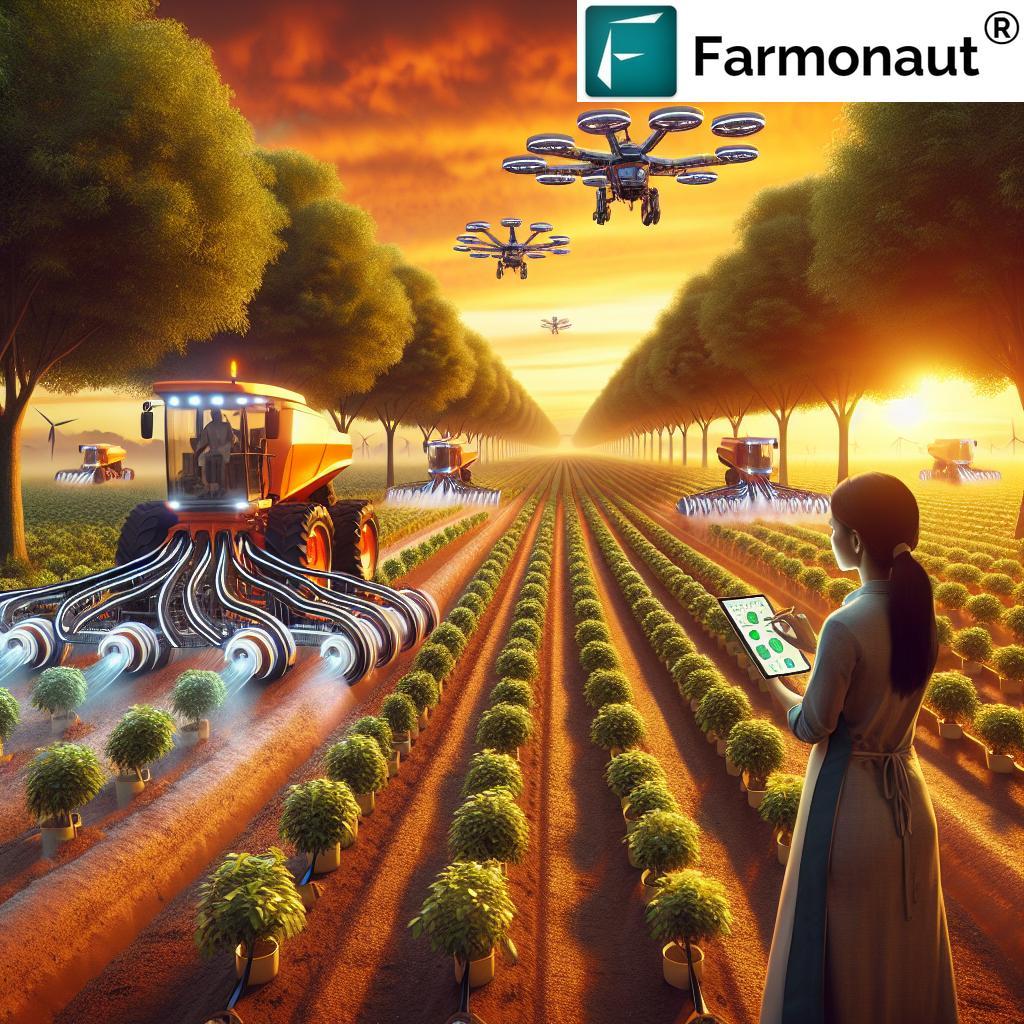The agricultural industry is witnessing a significant transformation as john Deere, the world’s leading manufacturer of farming equipment, continues to advance its smart farming technologies. Through the integration of artificial intelligence, machine learning, and precision agriculture systems, the company is reshaping traditional farming practices into data-driven operations. These technological developments, ranging from autonomous tractors to AI-powered crop monitoring systems, represent a pivotal shift in how modern farms operate and manage their resources. Agricultural technology pioneer John Deere continues to reshape modern farming practices through innovative smart farming solutions that combine artificial intelligence, automation, and precision agriculture.The company’s latest developments in autonomous equipment and data-driven farming techniques are transforming how farmers manage their operations.
At the forefront of this evolution is the company’s See & Spray technology,which utilizes computer vision and machine learning to distinguish between crops and weeds.This system enables precise herbicide application, reducing chemical usage by up to 77% while maintaining crop protection efficacy. Farmers using this technology report significant cost savings and environmental benefits.
The autonomous 8R tractor represents another breakthrough in agricultural automation. Equipped with six pairs of stereo cameras and advanced GPS guidance, the tractor can navigate fields independently while farmers monitor operations remotely via smartphone. This technology addresses labor shortages while optimizing field operations through consistent, round-the-clock performance.
Data analytics plays a crucial role in the company’s smart farming ecosystem. The Operations center platform integrates details from various sources, including equipment sensors, whether stations, and satellite imagery. Farmers can access real-time insights about soil conditions, crop health, and equipment performance, enabling data-driven decision-making for improved yield management.
Recent updates to the ExactEmerge planting system demonstrate the company’s commitment to precision agriculture. The technology maintains accurate seed spacing at speeds up to 10 mph, while automated downforce control adjusts to changing soil conditions. This results in more uniform emergence and improved yield potential across various field conditions.
The company’s smart irrigation solutions now incorporate soil moisture sensors and weather forecasting data to optimize water usage. This system automatically adjusts irrigation schedules based on real-time conditions, reducing water consumption while maintaining optimal crop hydration levels.
Machine connectivity has been enhanced through JDLink telematics, enabling seamless interaction between equipment, operators, and dealers. Remote diagnostics and predictive maintenance alerts help prevent downtime during critical farming operations,while performance data helps optimize machine settings for maximum efficiency.The integration of drone technology provides farmers with detailed field mapping and crop monitoring capabilities. advanced imaging sensors can detect early signs of pest infestations, disease outbreaks, or nutrient deficiencies, allowing for targeted interventions before problems escalate.
Small-scale farmers benefit from these innovations through equipment sharing programs and flexible financing options. The company’s mobile apps provide access to essential features without requiring significant capital investment in hardware.
These technological advancements demonstrate the ongoing transformation of traditional farming into a highly efficient, data-driven industry. As precision agriculture tools become more sophisticated and accessible,farmers can better manage resources,reduce environmental impact,and increase productivity to meet growing global food demands.